Written by Wang Zumin, China News Service
This winter, as the Olympic torch flamed again in the iconic Bird’s Nest Stadium, venue of the 2008 Games, Beijing officially became the first city in the world to host both the Summer and Winter Olympics.
With the Olympic logo displayed all over the city, and a festive atmosphere, the Olympic dream that Chinese people had 100 years ago has been realized.
In 1908, when China was still poor and weak, three soul-stirring questions were posed by Chinese intellectuals and young students in “Tianjin Youth” magazine: When could a Chinese athlete compete in the Olympics? When could China win an Olympic championship? When could China host an Olympic Games?
The answers began to roll in when sprinter Liu Changchun became the first Chinese person to compete in the Olympics in 1932, when Chinese pistol shooter Xu Haifeng won the country’s first gold medal in 1984, and when Beijing won the bid to host the 2008 Summer Olympics.
The 2022 Winter Olympics is now adding a new chapter to China’s Olympic story. The country once nicknamed “the sick man of east Asia” has plowed through every obstacle and is turning itself into a sports giant and an indispensable member of the worldwide Olympics community.
When the IOC officially recognized China in 1979, the country had just begun its reform and opening-up. In the 1980s and 1990s, the Olympic Games served as an important platform for China to showcase its image and build the confidence of the nation.
Hosting the Summer Games in 2008 fueled the development of the country and attracted the attention of the whole world.
The seven years that followed Beijing’s successful bid in 2001 witnessed huge changes in the city, as infrastructure, venues, the environment, transportation, communication systems, services and even mindsets were all transformed.
During the 2008 Games, more than 4 billion viewers looked at China with new eyes on live television and marveled that the once mysterious eastern country had so much more than Kongfu and food.
Through the Olympics, China is making the dream of building a leading sports nation a reality.
To commemorate the 2008 Games, since 2009 August 8 has been designated National Fitness Day. Sports and health are progressively integrated into everyone’s life.
Before 2015, nearly one third of the ice and snow events on the menu for the Winter Games were not even practiced in China. But China has since formed national teams for more than 20 events, and has qualified to compete in all 15 disciplines across seven winter sports in the 2022 Games.
While the Olympic Games have profoundly transformed China, the country itself has also enriched the Olympic spirit and culture, and has contributed greatly to the balanced and sustainable development of the Olympic Movement in the world.
By October 2021, a record 346 million Chinese people were taking part in winter sports.
IOC president Bach said that only in China could such a dream be realized. “It can be said that it’s the beginning of a new era,” he said. He also said that the world winter sports map will never be the same, and that the global winter sports industry will get a big boost.
To China, the Winter Olympics is more than competitive sports. The main point of listing Zhangjiakou as one of the host cities is to promote the coordinated development of the Beijing-Tianjin-Hebei region, or Jingjinji.
As China embarks on its second centenary goals, driving ice and snow sports to a new level has become an important part of the country's high-quality development.
The Olympic Games have changed China and need China; the dual Olympic city is the first in the world and belongs to the world.
The opening ceremony occurred on lichun, or the beginning of spring, the first of 24 solar terms on China's lunar calendar. The day represents a new chapter, where together China and the world head for a shared future.
Rewritten in English by Huang Siyi, Shanghai International Studies University









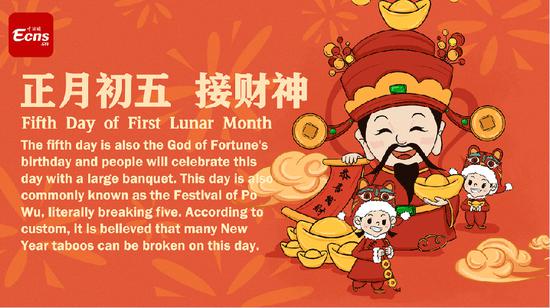


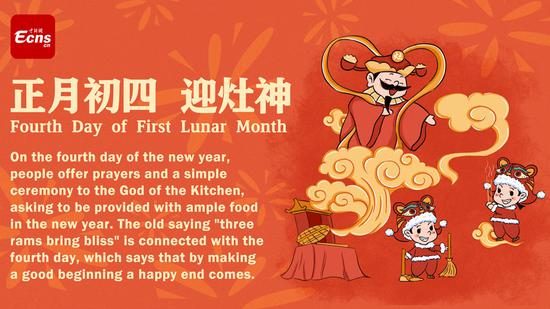
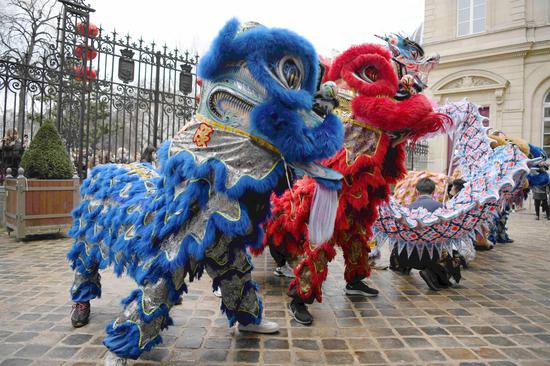
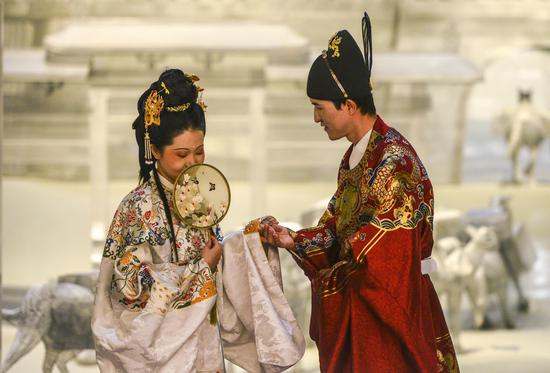


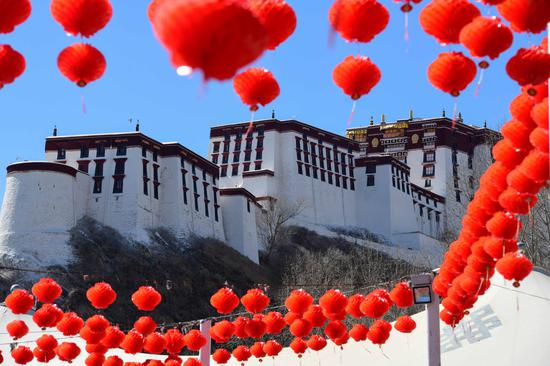
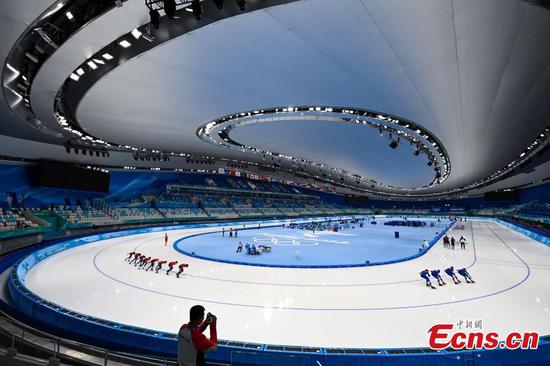
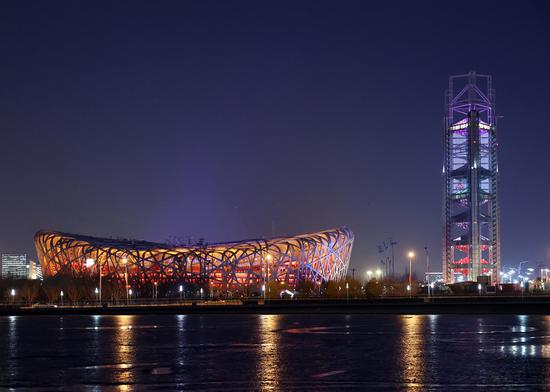

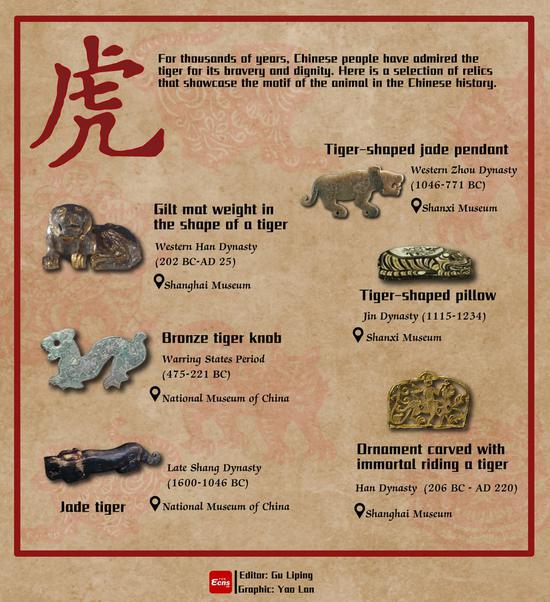

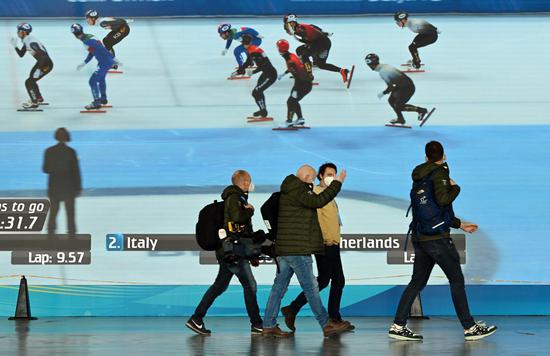

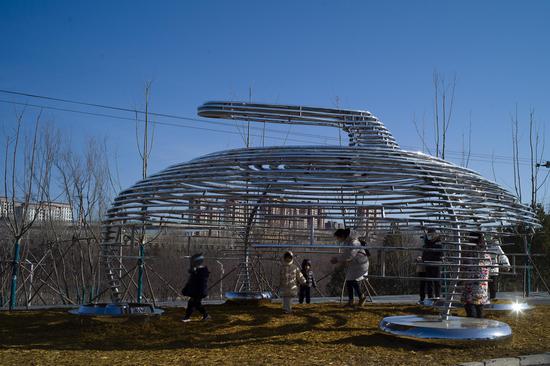

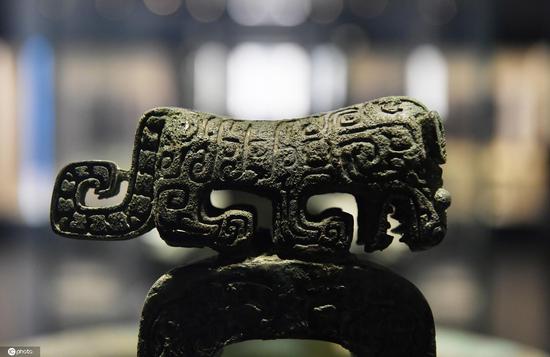



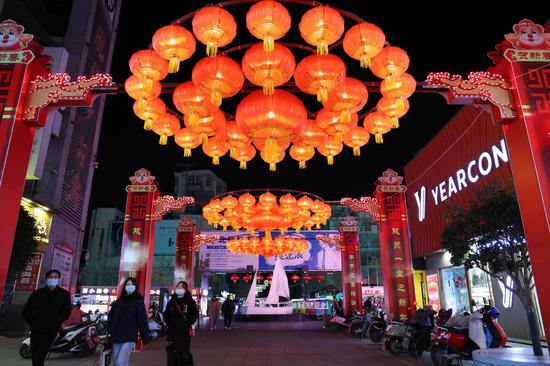
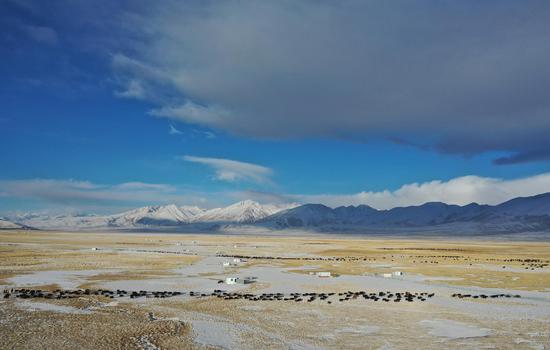

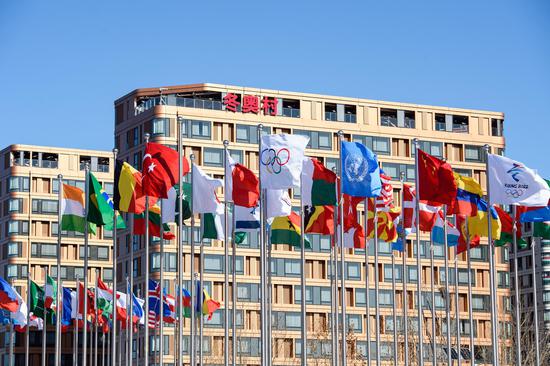
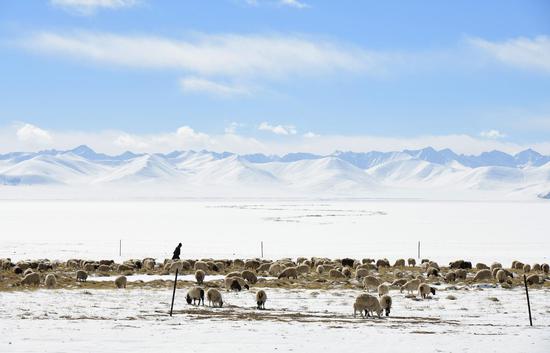

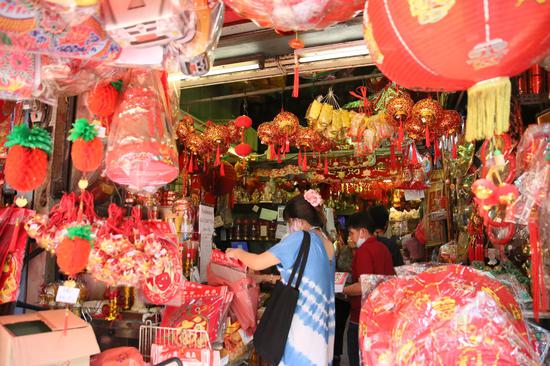

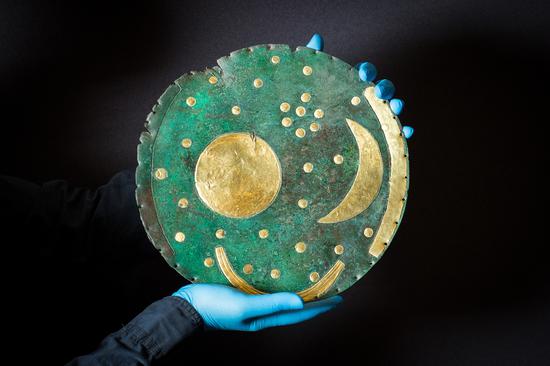
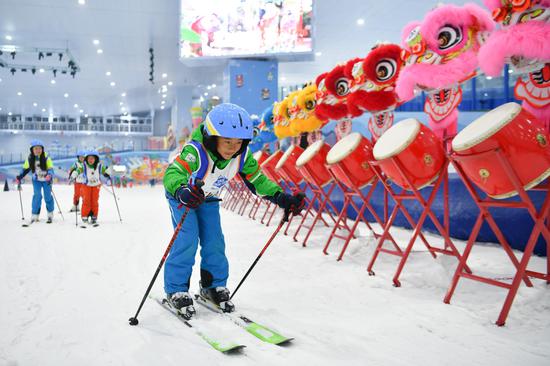
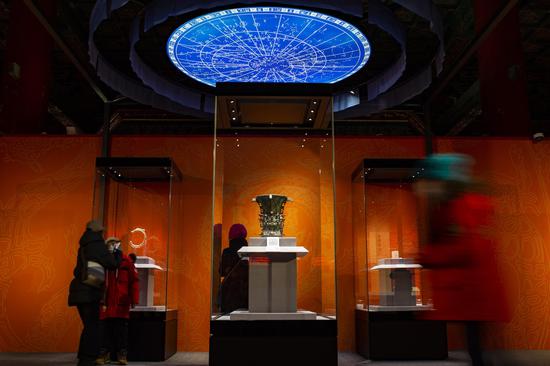
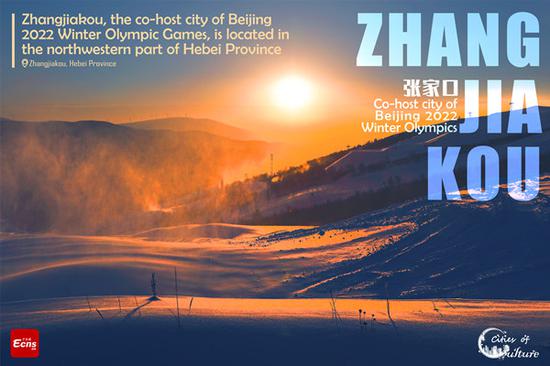
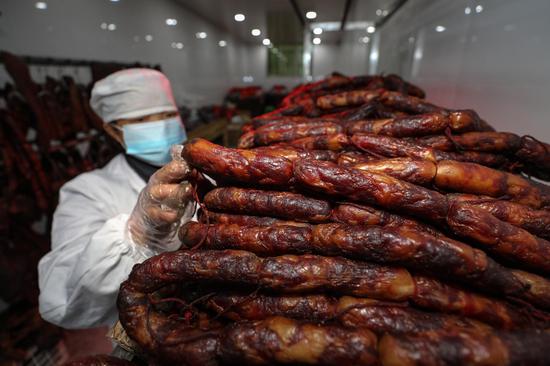
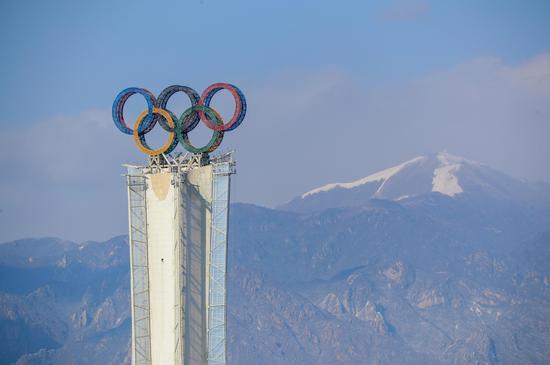





 京公网安备 11010202009201号
京公网安备 11010202009201号